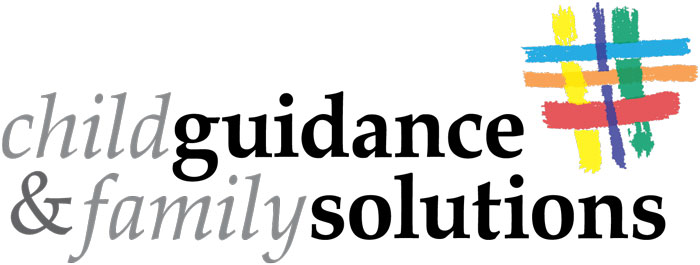As May begins, Child Guidance & Family Solutions (CGFS) focuses on Mental Health Awareness. This month highlights the importance of understanding anxiety and depression. These two conditions are among the most common mental health challenges worldwide, affecting millions of lives, perhaps yours or someone you deeply care about.
Through this post, CGFS aims to deepen your understanding of anxiety and depression, explore why raising awareness about these conditions is critical, discuss effective treatments and coping strategies, and provide a comprehensive list of resources. More importantly, we want to remind you that you are not alone. We know that anxiety is more than worry, and depression is more than just sadness.
Common Symptoms of Anxiety
- Excessive worry or fear
- Restlessness or feeling on edge
- Irritability
- Difficulty concentrating or having a mind that goes blank
- Feeling a sense of impending danger or doom
- Fatigue, muscle tension or aches
- Trembling or shaking
- Sleep disturbances (difficulty falling/staying asleep, restless sleep)
- Rapid heartbeat, sweating, shortness of breath
- Nausea, dizziness, stomach problems, and headaches
Common Symptoms of Depression
- Persistent sad, anxious, or "empty" mood
- Feelings of hopelessness or pessimism
- Feelings of guilt, worthlessness, or helplessness
- Irritability or frustration
- Loss of interest or pleasure in hobbies and activities
- Decreased energy, fatigue, or feeling "slowed down"
- Significant changes in appetite or weight
- Sleep disturbances (insomnia, oversleeping, waking too early)
- Aches, pains, headaches, cramps, or digestive problems without a clear physical cause
- Difficulty concentrating, remembering, or making decisions
- Thoughts of death or suicide (Seek immediate help if experiencing these thoughts—call or text 988)
- Restlessness or pacing
- Social withdrawal
Psychotherapy, particularly Cognitive Behavioral Therapy (CBT) and Dialectical Behavioral Therapy (DBT), can be very effective in managing these mental illnesses. Medications, such as antidepressants, anti-anxiety medications, and beta-blockers, can also help alleviate symptoms of anxiety and depression.
Here are some self-care strategies you can try:
- Regular Physical Activity: Exercise is a powerful mood booster; even short walks can help.
- Stress Management: Identify stressors and learn healthy coping skills, such as journaling, grounding techniques, or engaging in art.
- Mindfulness and Relaxation Techniques: Practices like meditation, yoga, and deep breathing exercises can help calm the nervous system and improve focus.
- Prioritize Sleep: Establish a regular sleep schedule and practice good sleep hygiene (such as keeping a dark, quiet room and avoiding screens before bed).
- Limit Alcohol and Substance Use: These can worsen symptoms.
- Try a Mental Health App: Consider using free apps like Calm Harm, Finch, Calm, or Headspace.
- Connect with Nature: Spending time outdoors can significantly benefit your mental health.
- Reach Out to Social Supports: Talk to friends or family or consider joining a support group.
While anxiety and depression can make daily functioning difficult, healing is possible. If you are experiencing any of the symptoms mentioned, we are here to support you when ready.
If you are having thoughts of death or suicide or contemplating a suicide attempt, please call 988, the national suicide hotline.
Below is a list of resources that may be helpful. Remember, you are not alone.
National Alliance on Mental Illness
